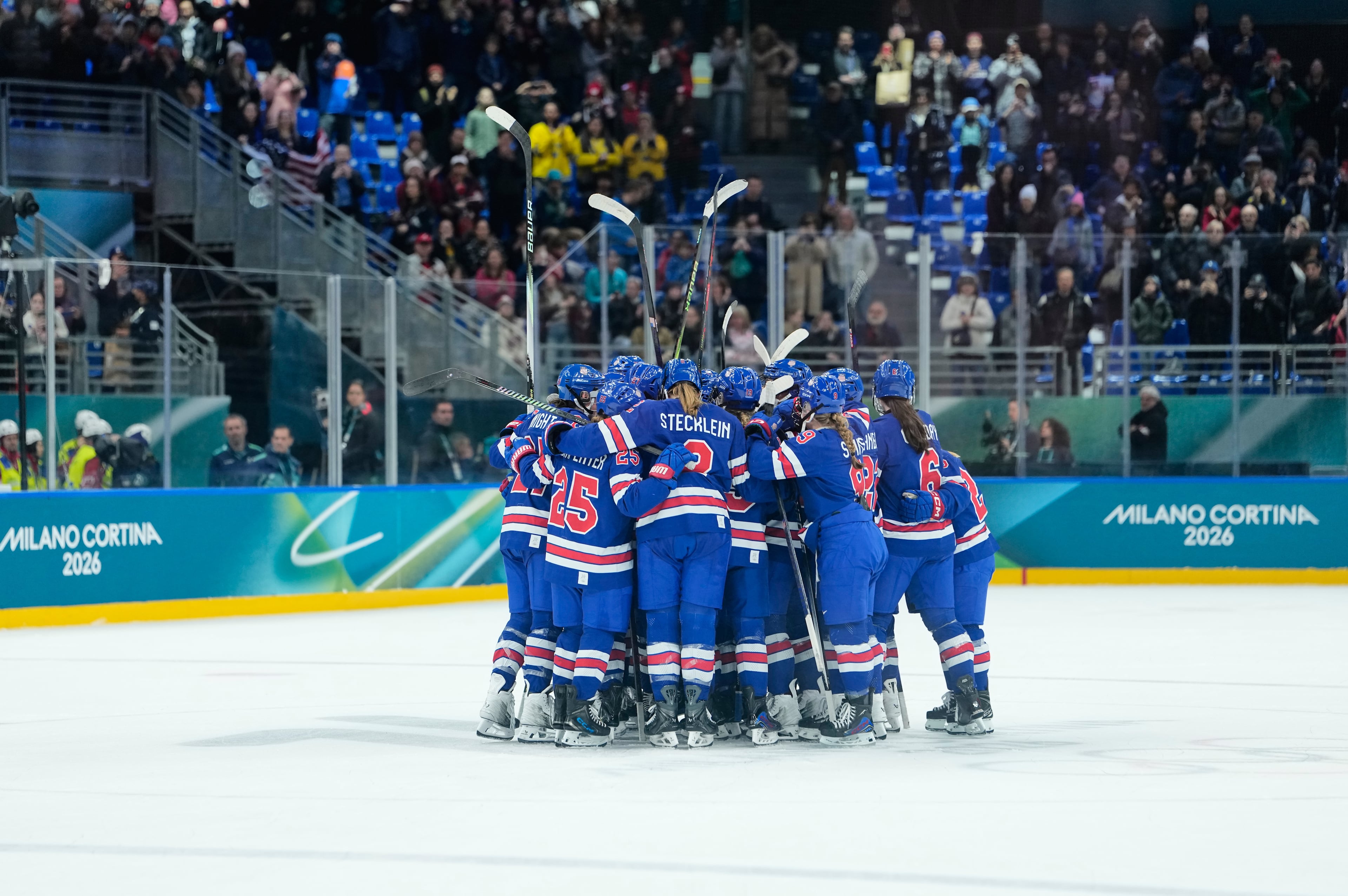Quotes: UGA’s McGarity opens up on Todd Gurley case
ATHENS — Georgia athletic director Greg McGarity discussed the Todd Gurley case in a 40-minute meeting with reporters Tuesday. Here are excerpts from McGarity's first extensive interview about the investigation that led to Georgia's star tailback receiving a four-game suspension for accepting money from memorabilia dealers for autographs:
On whether Georgia expected Gurley to miss at least four games all along: "You don't know. You're at the mercy of the NCAA. You know what the rule book states as far as 30 percent (of season suspension) for a certain amount of money. We always knew that was in play. We were hoping maybe some of the circumstances as far as honesty, the way the institution conducted the case, would help mitigate that."
On the possibility Gurley could have gotten an even longer suspension: "You could view this as a sentence that was mitigated at the end of the day. I know there's the perception out there that 'Boy, Georgia had the book thrown at them.' Well, you could look at it the other way, which is what the NCAA indicates … that being forthright and honest alleviated a much stiffer penalty. … Perhaps if we weren't honest, Todd Gurley may not have been back at all. I think that's the consequence of not being forthcoming. And let me say this: If information came out later that was compelling that we should have known or should have had an idea was out there, then you're sitting there with issues of lack of institutional control, you're sitting there with forfeiting of games. No one wants to be in that position. That's why you try to get to the bottom of the truth. I don't think we should apologize to anyone for seeking the truth, for doing what is right and just operating your business the right way."
On complaints from some UGA fans that other schools have avoided NCAA punishment of athletes suspected of similar violations: "No one really knows what goes on. It's just hearsay at all these other insitutions. I couldn't tell you what goes on. … A lot of people assume. That's just the world we live in now. … I can't sit and be in judgment of other programs. We have a hard enough time dealing with our own issues. I know the perception is out there, but we just can't deal with that. That's just something that others have to deal with. Each school makes their decisions on how to handle things with the evidence they may have."
On the amount of money Gurley received, which the NCAA put at more than $3,000: "I'd refer back to the NCAA report there as far as what it said about the number and the amount. The evidence was there. The numbers were accurate. That's all there is to it. There's nothing more, nothing less, than that."
On whether Gurley acknowledged the amount: "Everything was acknowledged. … Todd confirmed it."
On when Gurley was provided a lawyer: "Todd had representation from the first minute."
On whether UGA will take legal action against the memorabilia dealers involved: "I think the university is looking at all those options, absolutely. I think that's definitely some opportunities there, and I think the university will certainly discuss that and review that process, absolutely."
On whether Gurley made it clear he wanted to return to action rather than leave school: "It was clear … absolutely. Otherwise, why restore one's eligibility if Todd didn't want to get back on the field? … He wanted to get back out there with his buddies, and we were going to support that and we were going to fight to the end. And that's why we went to the appeal process. The consequences could not have been more difficult. We were hoping that our argument and for this (appeal) committee to hear Todd's own words would help. But at the end of the day the decision was rendered (denying the appeal), and we move on."
On whether the NCAA rule prohibiting athletes from accepting money for autographs should be changed: "My only response is it's a rule and … until the rules are changed, we're going to follow the rules. I know Dr. Emmert (NCAA president Mark Emmert) has mentioned the membership needs to review that, needs to discuss it, and I'm all in favor of those things. The University of Georgia has always been at the forefront of doing things for our student-athletes. … Anything we can do for our student-athletes that is allowable within the rules, we're going to do it to the max."
On criticism of UGA's handling of the case: "Being an A.D. is not a popularity contest, and we all know that. Being an A.D. is really making the decisions that are in the best interests of the University of Georgia. Sometimes people disagree with that, but a lot of times, more than not, people appreciate that stance. We're always going to follow the rules and fully support our student-athletes, and that's what we did in this case for Todd. … When you know the whole story, the good thing is … you can go to bed and really sleep good at night because you know you did the right thing, and you can wake up in the morning and look yourself in the mirror."


